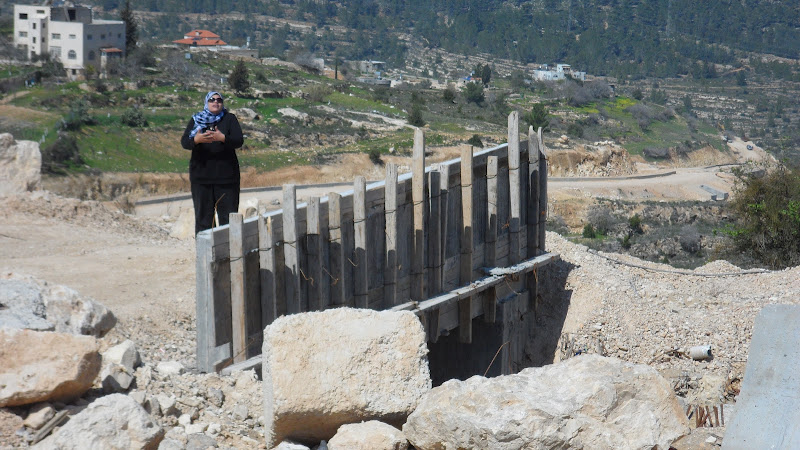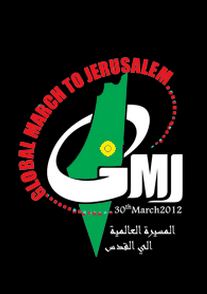-
Al Walaja: Tunneling to get home
by Ramon Garcia 8 March 2012 | International Solidarity Movement, West Bank Some Palestinians and Internationals gathered in the village of Al Walajeh on International Women’s Day to show solidarity to Omar and his family, especially his wife ,whose health has suffered from Israeli occupation in the small village. Sherinne Alaraj of the local […]
-
Declaration of Support for the Global March to Jerusalem
6 March 2012 | Global March to Jerusalem We, the Advisory Board of the Global March to Jerusalem, are alarmed and deeply troubled by the continuing repression of Palestinians in Jerusalem and by the deliberate and systematic attempts to expel and reduce the Christian and Muslim Palestinian population of the city as part of the […]
-
Israeli troops kill a Palestinian youth; Injures and arrest another
by Ghassan Bannoura 8 March 2012 | International Middle East Media Center Twenty-two years old Zakariay Abu Iram was killed while Mohamed Rashid, 18, was injured and arrested by Israeli troops as they attacked the southern West Bank village of Yatta on Thursday afternoon. Residents told IMEMC that Israeli troops stormed the village and tried […]
Action Alert An Nabi Saleh Apartheid Wall Arrests BDS Bethlehem Bil'in Cast Lead Demonstration Denial of Entry Ethnic Cleansing Farmers Gaza Global Actions Hebron House Demolition International law Israeli Army Jerusalem Live Ammunition Nablus Ni'lin Prisoner Ramallah Rubber-coated steel bullets Settlement Settlers Settler violence Tear-Gas Canister Video


